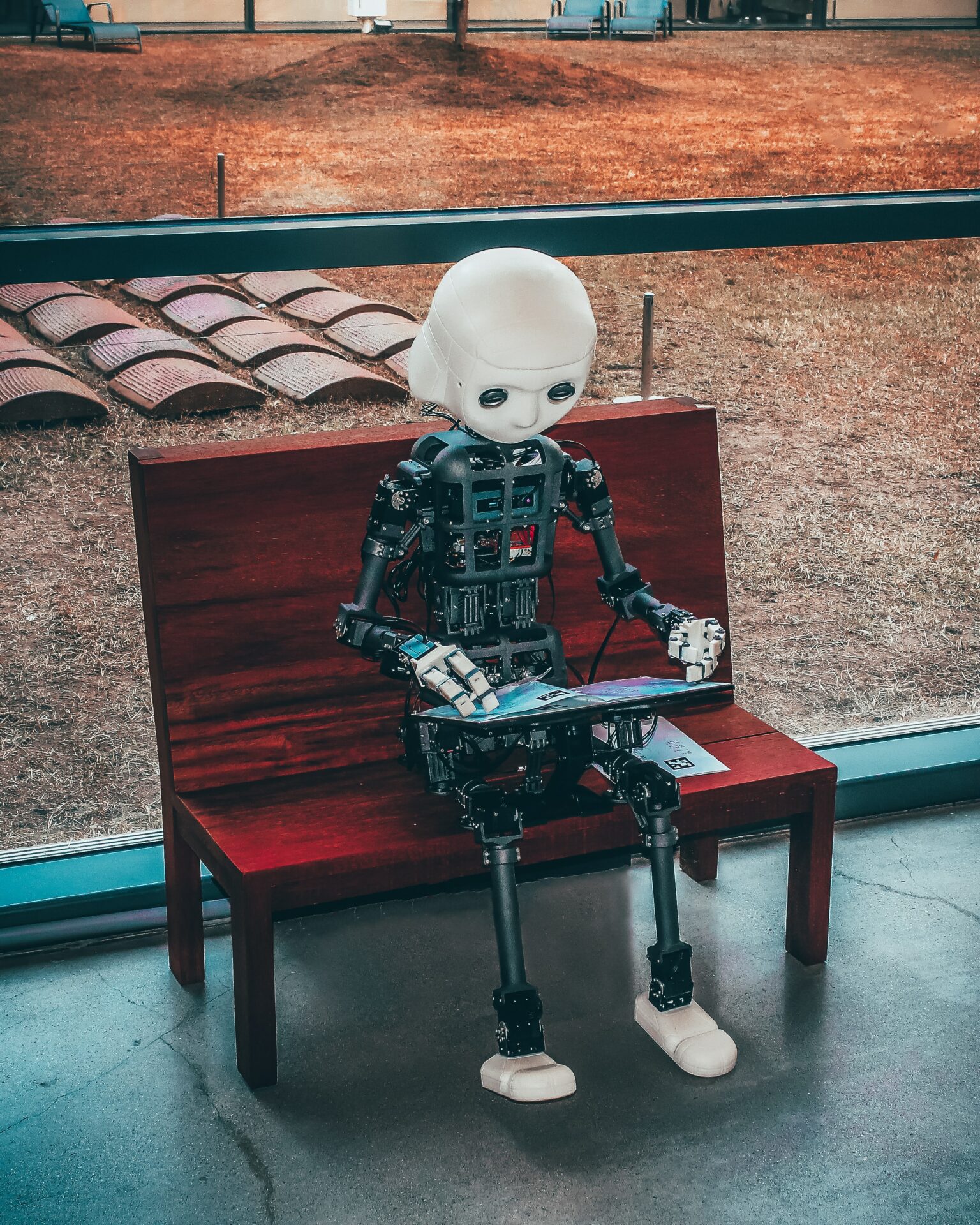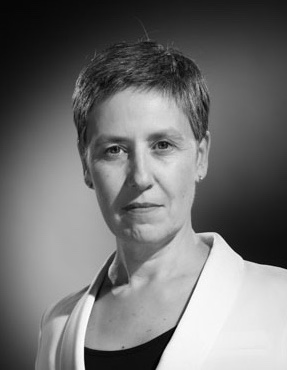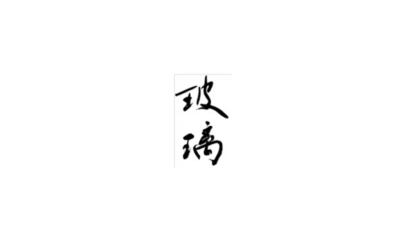On July 5, 2022, the Boards of Appeal of the European Patent Office (EPO) published their decision concerning the two European patent applications for which an artificial intelligence program had been declared as inventor. In line with the decision of the Receiving Section of the EPO, the Boards of Appeal confirmed the rejection of these two patent applications and stated that pursuant to the European Patent Convention (EPC), the inventor must necessarily be a human being.
Indeed, the EPC2 provides that the inventor has the right to be cited as such. It follows that to hold such a right, the inventor must have a legal personality. An artificial intelligence program being an object, it cannot be the holder of a right. On the ground of this lack of legal personality, the Boards of Appeal considered that the EPC excludes that an artificial intelligence program can be declared an inventor.
As a reminder, in the context of the DABUS3 project, if the USPTO and the EPO have refused that an artificial intelligence program can be declared an inventor, the British, Australian and South African Patent Offices have granted the corresponding patents, and the International Bureau has accepted the citation of the DABUS program as inventor.
1. https://register.epo.org/application?number=EP18275163&lng=en&tab=doclist
2. https://www.epo.org/law-practice/legal-texts/html/epc/2020/f/ar60.html et https://www.epo.org/law-practice/legal-texts/html/epc/2020/f/ar62.html





